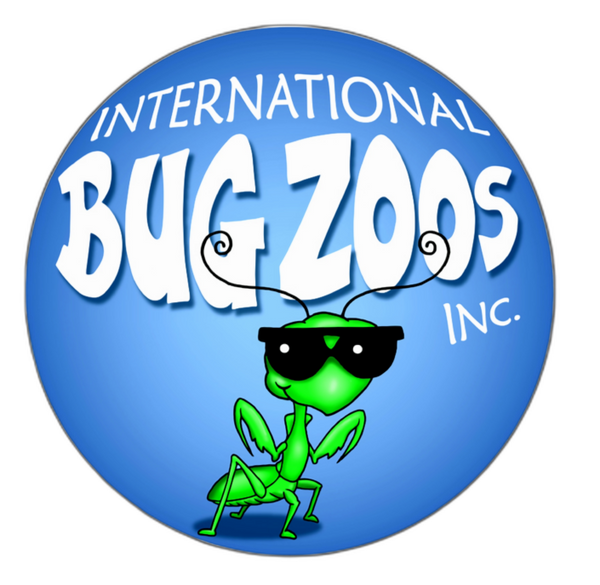Ever Wondered What Lies Beyond the Final Frontier?
The Bug Zoo welcomes you to our travel, adventure, and lifestyle blog series! Put your feet up with a Snailax brand massager (link below) and Enjoy Exploring! ✈
Space, the final frontier, has always fascinated humanity, beckoning us with its silent allure and the mysteries veiled in its starry expanse. As we cast our gaze upward, to the cosmos, the quest for knowledge and discovery propels us further into the unknown, much like the determined flight of a monarch embarking on its epic migration. But what does the future of space exploration hold, and how does this celestial odyssey intertwine with our love for the tiniest earthbound explorers, the insects?
The New Age of Cosmic Voyages
In the realm of space exploration, we're not just crossing borders; we're redefining limits. Just as a bee navigates through air, collecting pollen with precision and grace, modern spacecraft navigate the cosmos, collecting data and expanding our understanding of the universe. Advances in technology are our wings, granting us higher, further, and faster voyages, akin to the incredible migratory journeys of the globe-skimming dragonflies.
Interstellar Life Lessons from the Insect World
The insect kingdom has thrived on Earth for millions of years, adapting to environmental shifts with resilience and tenacity. As we look beyond Earth, the strategies of insects offer valuable insights. Take, for example, the resilience of cockroaches, capable of surviving in the most challenging conditions. Their adaptability hints at the importance of resilience in the inhospitable cosmos. Analogously, the cooperative behavior observed in ant colonies reflects on the teamwork required in human space exploration missions. Every astronaut, like an ant, plays a critical role in the collective success of their cosmic colony.
Celestial Ambitions and Environmental Harmonics
Just as we marvel at the intricate dance of fireflies on a summer night, the dance of satellites and spacecraft in Earth's orbit captures our imagination. Yet, this cosmic ballet bears the responsibility of not letting our celestial footprints disrupt the harmonic balance of both our blue planet and the wider universe. As we venture further into space, the philosophy of coexistence, inspired by the biodiverse ecosystems insects thrive in, encourages us to explore without exploitation, acknowledging that we are but visitors in the vast cosmic preserve.
Destination: Unknown
With every rocket launch, satellite deployment, and Mars rover mission, we inch closer to unraveling the universe's secrets, much like a curious child lifting rocks in the garden discovering hidden insect worlds beneath. The Big Questions about life beyond Earth, the potential for habitability on distant worlds, and the mysteries of dark matter are the rocks we're eager to turn over. As commercial spaceflight becomes a reality and the dream of Mars colonization inches closer, the spirit of adventure that leads us to explore remote jungles on Earth propels us towards cosmic jungles unknown.
Staying Curious in the Cosmos
The future of space exploration is not just a journey outward, but a journey inward, compelling us to reflect on our place in the cosmos and our responsibility to our home planet and its smallest inhabitants. Much like the awe and wonder stirred by observing the microscopic details of an insect, the exploration of space invites us to stay curious, to marvel at the universe's complexity, and to appreciate the fragile beauty of our own planet.
Thanks for reading and for LOVING Bugs too! Come back Soon! Please reach out if you have any questions, ideas for future blogs, or want anything related to entomology, eco-tourism, and the like! 📚🐛
🐌 Click HERE to grab the BEST massage products on the planet! 🐌
